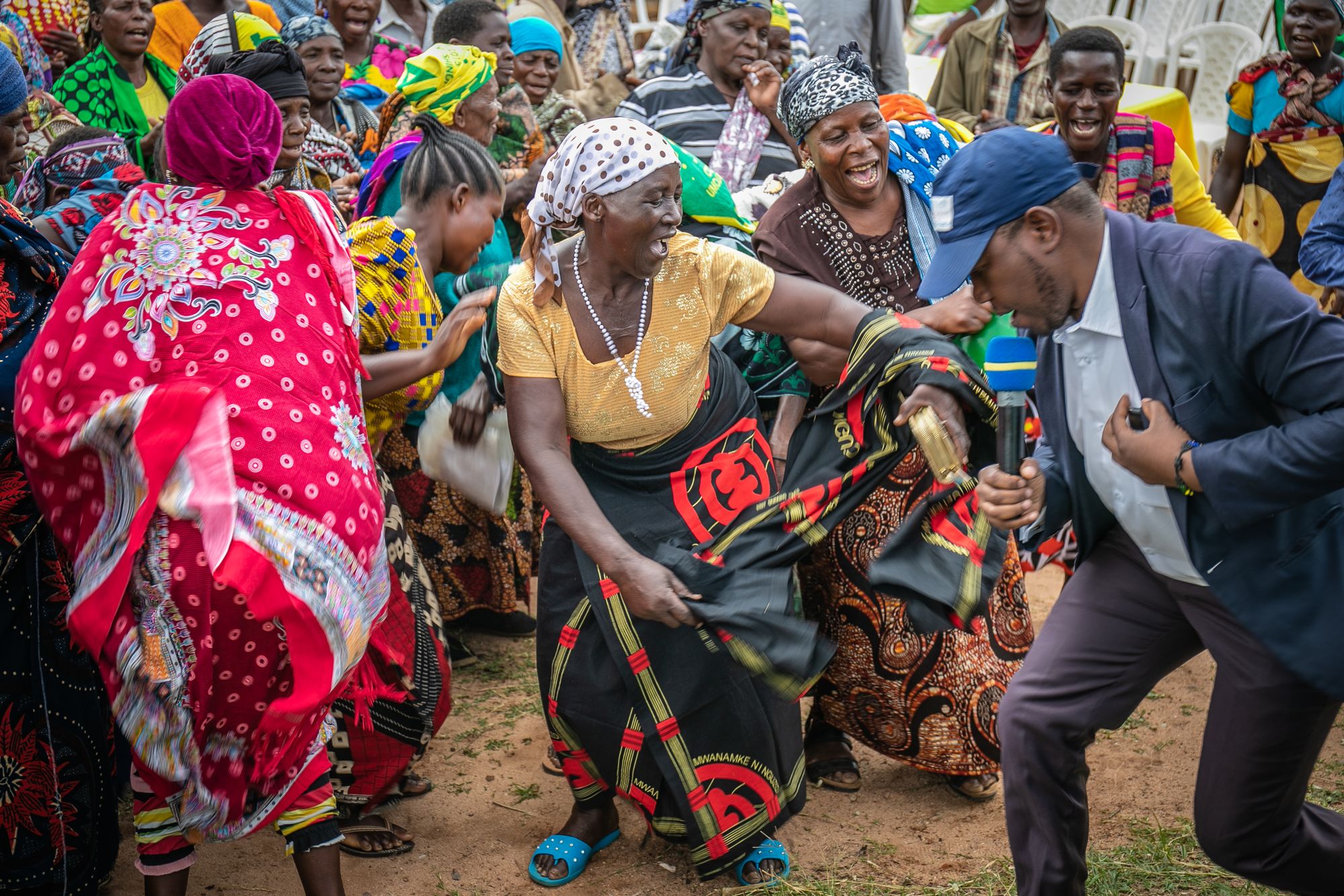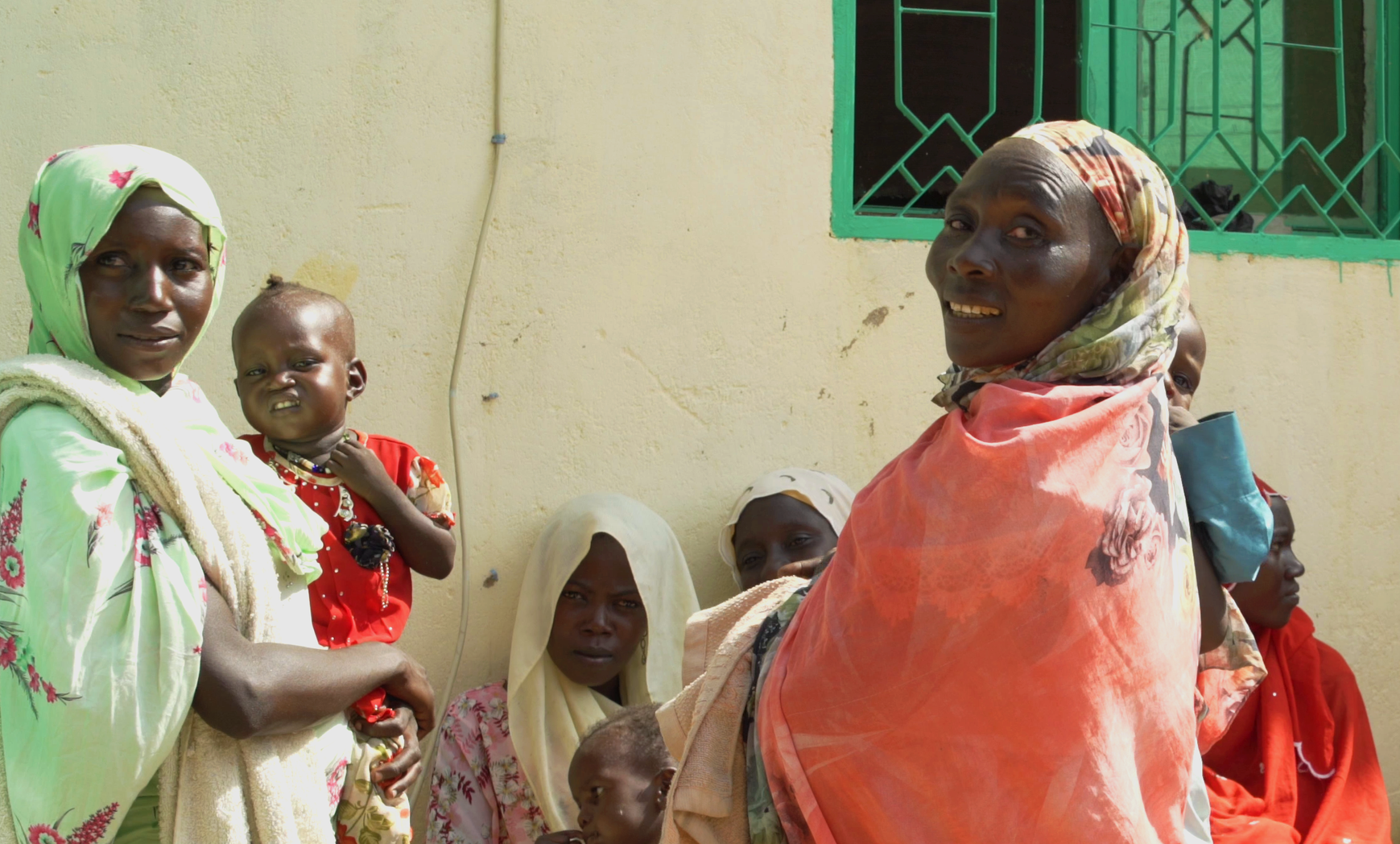We might have thought we were ready for a pandemic, but the truth is, we weren’t.
When COVID-19 struck, countries were often slow to collaborate, and in some cases politics got in the way of international coordination. In the aftermath of the crisis, governments and multilaterals began to search for ways to make our societies more resilient, improve early response mechanisms, and bolster international teamwork. We saw international conferences, meetings, forums, and funds mobilized to help tackle anticipated epidemics that some believe could flare up in a matter of months.
But while more high-level collaboration is certainly in order, it is short-sighted to focus solely on national or international responses. Communities far from capital cities, junkets, health conferences, and scientific debates are equally important to health security. It’s here—in these rural, remote, border towns—where epidemics often begin. Community health services, early warning systems, and local communication campaigns are as critical to preventing global pandemics as international collaboration.
Why Communities Matter
Trust and accountability
Much of the border between Cameroon and Chad is a marshy, unpatrolled landscape, outlined by the Chari River. Small villages along the riverbank rely on fishing and subsistence farming, with villagers and fisherfolk drifting between the two countries. Mpox is endemic to the southern and eastern forests of Cameroon, and the porous borders between the two countries mean that the disease can spread easily.
“Mpox occurs sporadically in forested areas of Cameroon,” said Professor Omer Njajou, a Cameroonian epidemiologist. “There’s a high risk of cross-border disease spread to neighboring countries, like Chad, because of the high volume of traffic across the borders. Even countries with less forested areas like Chad are at risk due to human and animal movements across borders.”
Cases such as the Chad-Cameroon border highlight the importance of empowering communities to prevent and respond to epidemics. Given the global decline in institutional and governmental trust, local disease detection and response—where local people are engaging with the local structures they know and trust—is more important than ever.
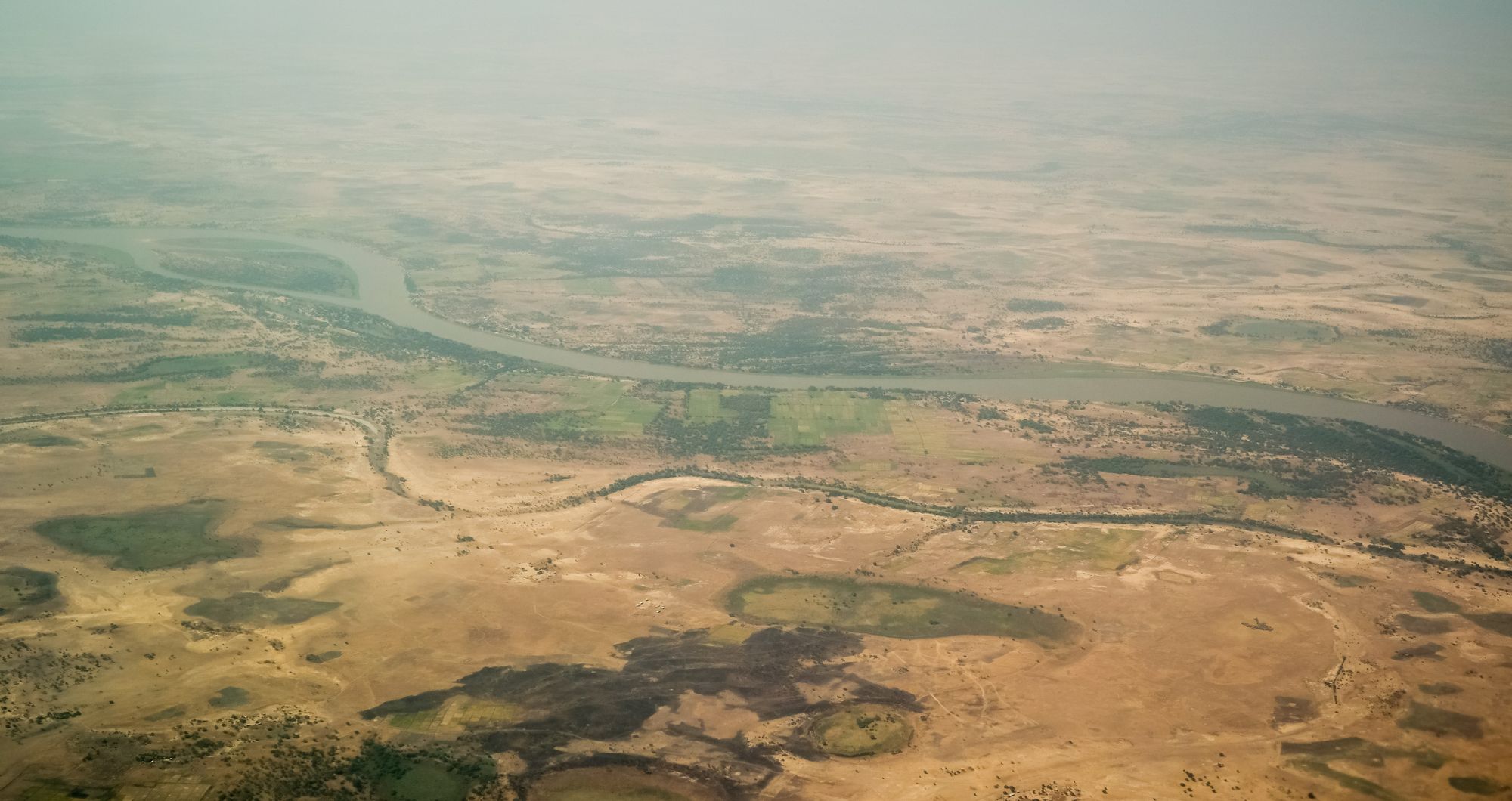
Across Africa, the continent’s history of colonial rule and corrupt national governments means that many citizens are wary of government-led campaigns, projects, or public health measures. Distrust of the authorities means that when real crises arise, people are rarely listening intently. For example, a study from Nigeria found that political corruption motivates large-scale political distrust, and, in the case of COVID-19, that distrust limited the effectiveness of the government’s response, perpetuating the spread of the coronavirus. Other studies have shown that distrust reduces child vaccination rates and the general effectiveness of responses to diseases such as Ebola.
“Community organizations can foster trust, especially in fragile contexts, where they provide community knowledge and access via bonds of trust,” said Richard Brough, who holds a Ph.D. in operations research. “These [organizations] can be crucial in detecting and responding to disease outbreaks. Civil society organizations can build trust by a combination of their integrity, competence, understanding of local needs and culture, and also from simply having sustained themselves for long enough for people to know them and trust them.”
The power of localization
Local governments and community organizations can also act as bridges between national governments and local populations. Good local governments and organizations are adept at communicating contextually and appropriately, in line with local culture.
For example, a 2022 study from the DAI-led Technical Assistance to Strengthen Capabilities project, funded by the U.K. Foreign, Commonwealth & Development Office (FCDO), highlighted the importance of devolving national decisions regarding northern Ethiopia to regional and local governments during the country’s current nutrition crisis.
“There are considerable intra- and inter-regional differences in context, priorities, and approaches used to respond, that need local solutions,” reads the report. “Given the nationwide demands on federal capacity, particular attention should be given to delegating and decentralizing decision-making to the regional level of the nutrition response.”
The same principle applies to addressing outbreaks and pandemics. Local governments and organizations must be able to contextualize decisions and communication for their communities.
The Fleming Fund program, funded by the U.K Department of Health and Social Care, embraces the principle of contextual decision-making and subnational coordination its antimicrobial resistance coordination committees (AMRCCs). Antimicrobial resistance (AMR) could be the next global pandemic, killing some 10 million people a year by 2050. Established by the Fleming Fund in most of its partner countries, AMRCCs bring together government ministries, clinicians, regulators, drug manufacturers, and suppliers to provide contextual and subnational perspectives on drug resistance trends throughout the country. AMRCCs analyze AMR surveillance data through committees where subnational actors can highlight trends and issues to national governments and suggest preventive activities. Local responses have the power to multiply national responses by tracking and responding specifically to community issues and needs.
Supplies and services
Local governments and organizations also matter because they are the final links in the health services and supply chain. It’s up to local clinics to report health abnormalities, develop public health messaging, and supply their communities with necessary drugs, medicines, and vaccinations. Relying solely on national governments to support services and supplies in the last mile almost always means some people are left behind. Strong public-private partnerships are needed to improve drug and medical supply procurement and manufacturing. Currently, seven in 10 vaccines in Africa are donated by GAVI, the vaccine alliance. Increasing local communities’ and companies’ capabilities to manufacture vaccines can improve the sustainability of supply chains during emergencies.
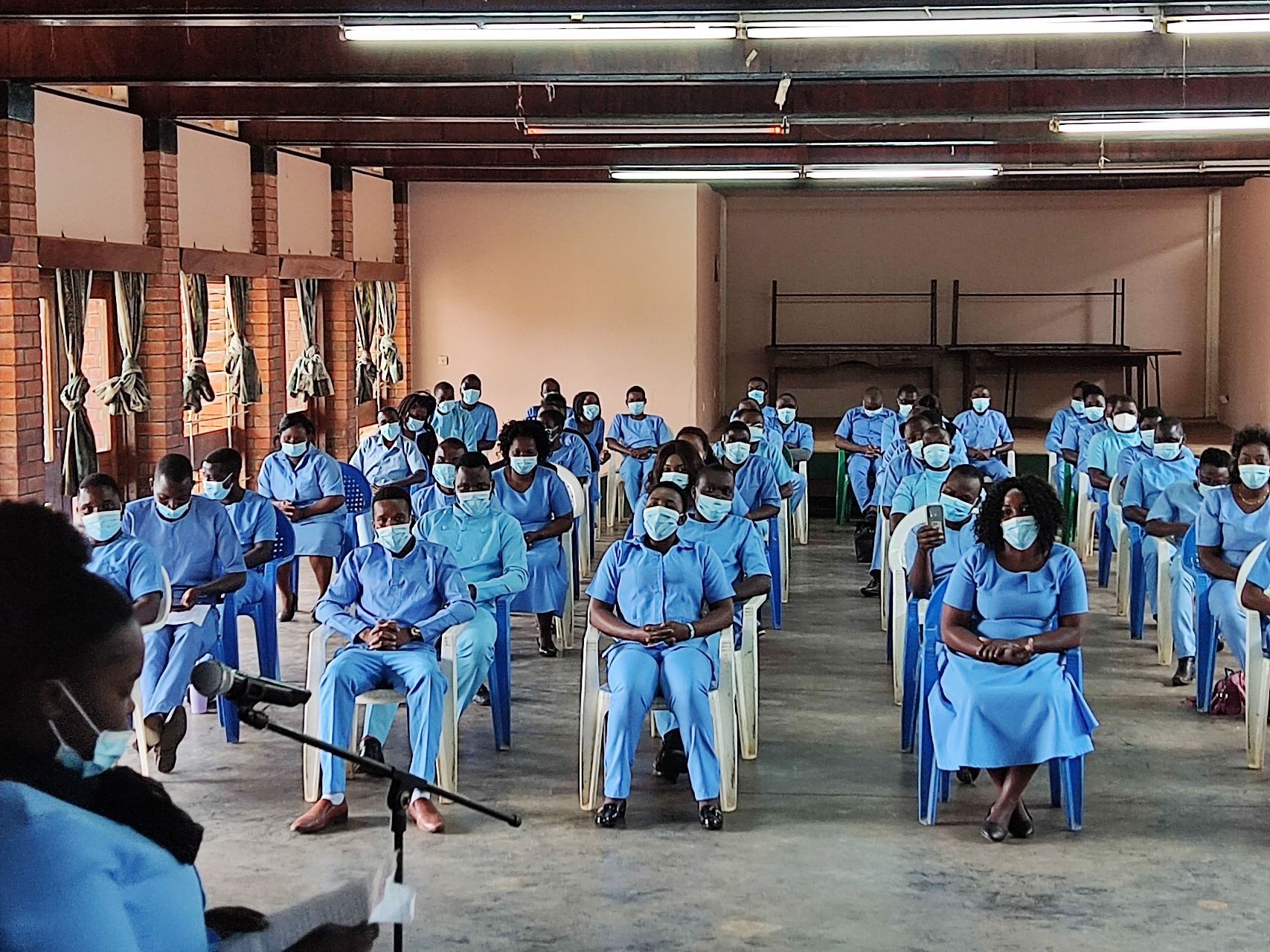
What We Can Do
Good governance and cooperation
Development agencies can encourage local organizations to become health security advocates and participate in the health security governance architecture. Non-health groups should also be included in these networks and initiatives because health emergencies are always multisectoral. Non-traditional actors play an important role in health communication, reinforcing critical health messaging and improving uptake of mitigation measures. “Infodemics” of conspiracy theories and scientific quackery can impede mitigation and recovery efforts, for example; local institutions can act as frontline responders against misinformation and legitimize scientific health advice.
Local organizations should also find ways to increase dialogue and cooperation with national governments. Local civil society can sometimes take a more combative stance toward national authorities, positioning themselves as truthtellers in opposition to national power centers. While ensuring the accountability of national governments is vital, organizations that fail to see national governments as partners may further inflame suspicion on both sides.
The FCDO’s Tackling Deadly Diseases in Africa (TDDA) team encountered this phenomenon after encouraging civil society organization (CSOs) to position themselves as accountability mechanisms alongside national government counterparts. But in certain cases national governments felt threatened, exacerbating mistrust between the parties. This tension was resolved once the program changed tack to consciously position CSOs as government partners, and throughout the pandemic, CSOs partnered with national governments to support vaccine rollout and COVID information campaigns.
Localize systems
Early warning and threat reduction systems also start in local communities. Without strong, community-based public health surveillance and data sharing, outbreaks in border towns or remote villages aren’t contained. The African World Health Organization’s Integrated Disease Surveillance Response (IDSR) framework highlights the need for hierarchal and staggered surveillance from communities to national governments. Every level in the system has a vital role to play.
This local role is especially important at border crossings. The TDDA team worked with national governments to hold simulation exercises at border crossings in Guinea and Cote d’Ivoire, training border staff how to manage sick passengers, especially those with highly infectious diseases. The localized training and simulation exercises prevented a small Ebola outbreak in the months that followed after cross-border disease transmission emerged between Guinea and Cote d’Ivoire.
Local supply chain systems are especially important in health emergencies. Local companies should play a key role in the procurement, delivery, and logistics of medicines and supplies in emergencies. Public-private partnerships between governments and private sectors can help facilitate products to reach the “last mile.” This concept has been piloted successfully in Ethiopia, where its medical distributor partnered with a private company to deliver medicines to 285 health facilitates. Within months, supplies were reaching 94 percent of facilities, up from 47 percent. The Ministry of Health believes the private sector can help the supply chain to overcome stockouts and better assure the quality of health commodities.

Finance local actors
Improving cooperation and local systems will not be possible without adequate financing, which will in turn require a more prominent voice for local partners in the global south.
The World Bank has struggled to set up a new fund to fight pandemics by leveraging private and public money. (There’s that word again.) People have even struggled to say the fund’s name, so the Financial Intermediary Fund for Pandemic Prevention, Preparedness, and Response will now simply be called the Pandemic Fund—as part of a larger effort to revamp the initiative, Devex was the first to report.
The fund will award grants, primarily to low- and middle-income countries, to improve pandemic preparedness, detection, and response. DAI’s Nitish Debnath was appointed as a governing member of the fund to represent the interests of civil society, given his work with local organizations in Bangladesh. “The role of civil society is always to increase transparency and community involvement,” he said. “That will be my focus as a governing member.”
Development organizations should also explore creative mechanisms to deliver funding to local communities sustainably while supporting financial management and organizational capacity. For example, the U.S. Agency for International Development (USAID) has developed the government-to-government (G2G) financing mechanism to directly strengthen local and regional governments with USAID funding. The G2G approach assesses a counterpart government’s readiness to receive direct funding based on its existing operational, management, accountability, and financial systems. Following the assessment, USAID and the counterpart government develop a risk mitigation plan (often in concert with a capacity development plan) to help reduce and track emerging risks once funding flows through government systems. This approach has been successful in Namibia and, in particular, in Malawi, where G2G agreements have supported district health authorities to hire hundreds of community health workers.
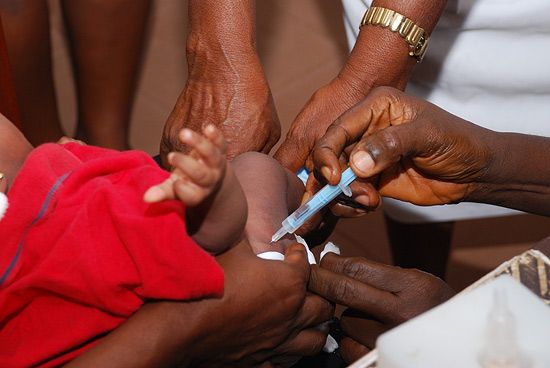
Centering Communities
International coordination is an essential component of global health. But communities must be at the heart of efforts to prevent future outbreaks and health emergencies. Contextual decision-making, early warning systems, and local supply lines are all tied to and reliant on local communities. Strengthening these systems alongside international coordination will make us strong enough to resist the next pandemic.


